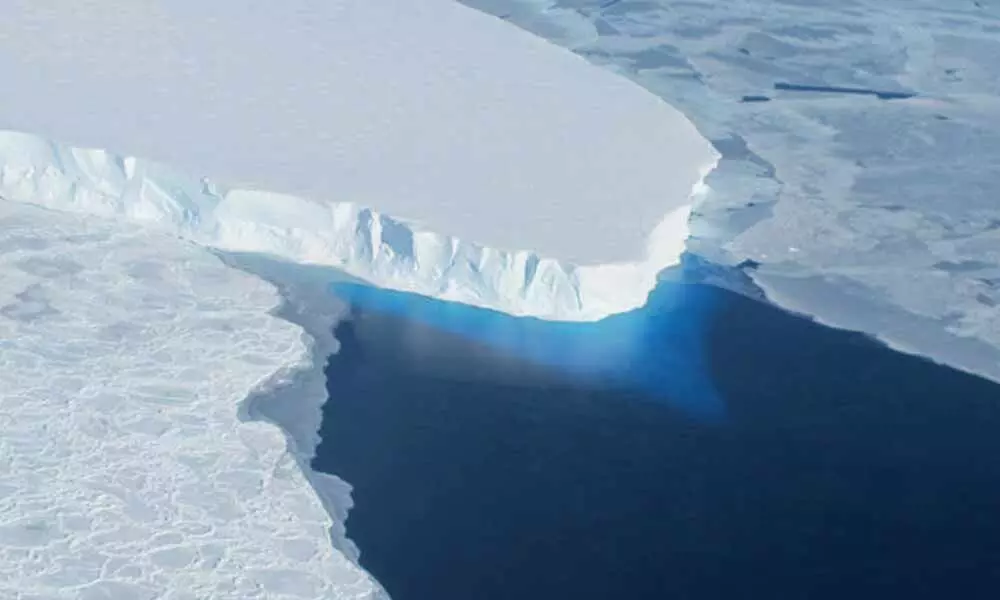Greenland, Antarctica ice loss accelerating

Earth's great ice sheets, Greenland and Antarctica, were now losing mass six times faster than they were in the 1990s due to warming conditions, the media reported on Thursday citing scientists as saying.
A comprehensive review of satellite data acquired at both poles was unequivocal in its assessment of accelerating trends, the BBC quoted the scientists as saying.
Between them, Greenland and Antarctica lost 6.4 trillion tonnes of ice in the period from 1992 to 2017.
This was sufficient to push up global sea-levels up by 17.8 mm, the scientists added.
"That's not a good news story," said Professor Andrew Shepherd from the University of Leeds.
"Today, the ice sheets contribute about a third of all sea-level rise, whereas in the 1990s, their contribution was actually pretty small at about 5 per cent. This has important implications for the future, for coastal flooding and erosion," he told BBC News.
The researcher co-leads a project called the Ice Sheet Mass Balance Intercomparison Exercise, or Imbie, which is a team of experts who have reviewed polar measurements acquired by observational spacecraft over nearly three decades.
The Imbie team's studies have revealed that ice losses from Antarctica and Greenland were actually heading to much more pessimistic outcomes, and will likely add another 17 cm to those end-of-century forecasts.
"If that holds true it would put 400 million people at risk of annual coastal flooding by 2100," Professor Shepherd told the BBC.
The combined rate of ice loss for Greenland and Antarctica was running at about 81 billion tonnes per year in the 1990s.
By the 2010s, it had climbed to 475 billion tonnes per year.


